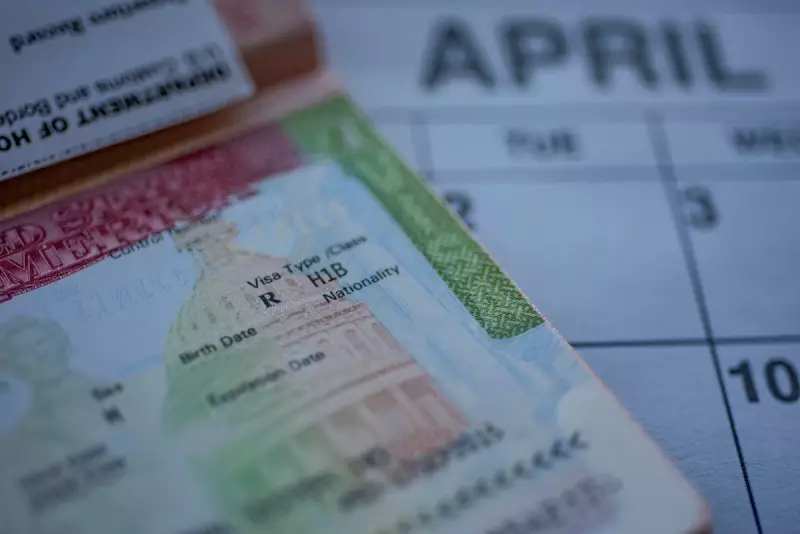
The Trump administration is reportedly weighing significant reforms to the H-1B visa programme, a cornerstone of US immigration policy for skilled foreign workers. Sources suggest the proposed changes could make it substantially harder for companies to hire overseas talent, particularly in tech and other specialised sectors.
Potential Impact on US Businesses
Industry leaders have expressed concern that stricter H-1B requirements could:
- Disrupt workforce planning for major tech firms
- Increase operational costs for American businesses
- Potentially drive more jobs offshore
Political Reactions
The reported proposals have drawn sharp criticism from immigration advocates who argue the changes would:
- Hinder US competitiveness in global markets
- Create unnecessary barriers for highly skilled professionals
- Damage America's reputation as a destination for top talent
Meanwhile, supporters of stricter immigration controls applaud the potential reforms as necessary protection for American workers.
Economic Implications
Economists warn that restricting the H-1B programme could have ripple effects across multiple sectors:
- Tech companies may face critical skills shortages
- Research institutions could lose access to specialised expertise
- The US may become less attractive to international students
The White House has yet to confirm specific details about the proposed changes, leaving both businesses and potential applicants in limbo.





